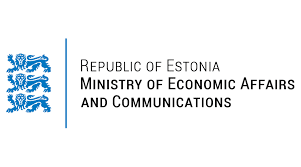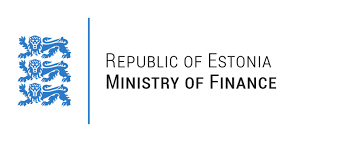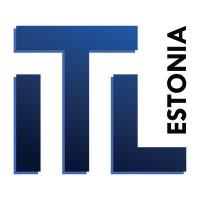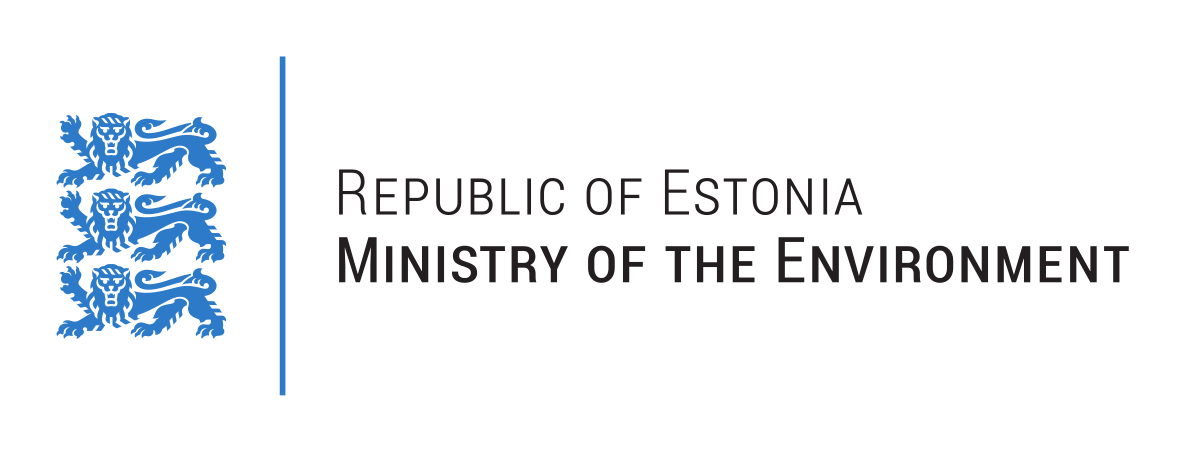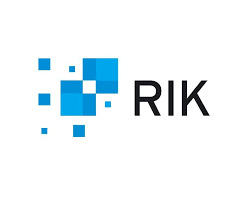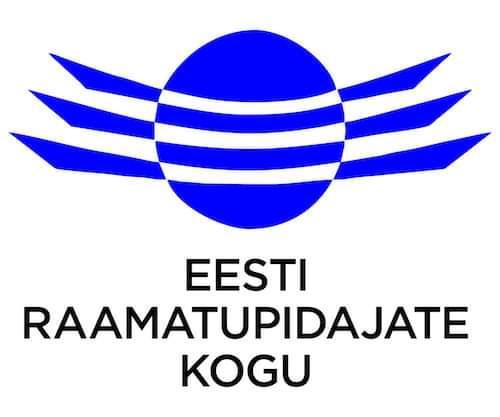Data-based reporting
Data-based reporting is one of the most important areas of real-time economy being developed under the leadership of the Ministry of Economic Affairs and Communications.
Today, the reporting obligation of companies is unfortunately too time-consuming. Various state agencies in Estonia request more than 400 reports from companies. All these reports have a total of more than 60,000 data fields. Completing numerous reports is a waste of time and money for an entrepreneur. A study conducted in 2020 showed that the use of real-time economy solutions would help to save more than 14 million working hours a year in Estonia, which accounts for the full working time of 7,000 people. Using real-time economy solutions would allow the state to save as much as 200 million euros per year.
There are many ways to make reporting faster and more convenient. As part of the Reporting 3.0 project, Statistics Estonia, the Tax and Customs Board, and Eesti Pank jointly standardised workforce reporting. As a result of this, more than 400 data fields were reduced to only 32. This shows how much the administrative burden on companies could be reduced if all of the more than 400 reports that the state asks of entrepreneurs today were standardised.
In addition to the fact that there are fewer data fields in data-based reporting, it also makes it easier to fill them in. Everything necessary for reporting is entered once with the transaction data in the accounting software of the company. The accounting software can later be used to automatically and repeatedly aggregate the data to fulfil the reporting obligation and share it with the right state agency at the right time.
In order for everything to work smoothly, the datasets which are used by various agencies as the basis for reporting must be described in detail, analysed, and standardised. The aim is to collect as little as possible and as much as necessary. National datasets are equipped with data descriptions, but those descriptions are too general for understanding which variables or data elements could be involved from the dataset.
There is still a lot to be done for it to be possible to conveniently transfer data from different pieces of accounting software to state agencies. Accounting software providers must be ready to transfer data over X-tee and state agencies must have the capability to accept machine-readable data and process it.
In the public sector, an cross-agency data-based reporting steering group has been created for this purpose, where the agencies participating in the project discuss the necessary steps to develop unified taxonomy across agencies. If several state agencies request data on a similar topic, each agency must be ready for changes in the unified taxonomy.
The changes are also discussed with the private sector because the purpose of data-based reporting is to reduce the administrative burden on entrepreneurs. Therefore, the solutions must be suitable both for the companies that provide the data and for the accounting software providers that help transfer the data.
Many accounting software providers are already prepared to transfer company data to the state in a more convenient way, which means that the public sector must create the capacity for this purpose. Cooperation with entrepreneurs continues, and in order to make the transition as smooth as possible, various support measures are being created for the enterprises.
Members of the data-based reporting steering group
| Public sector | Private sector |
|---|---|
|
|

